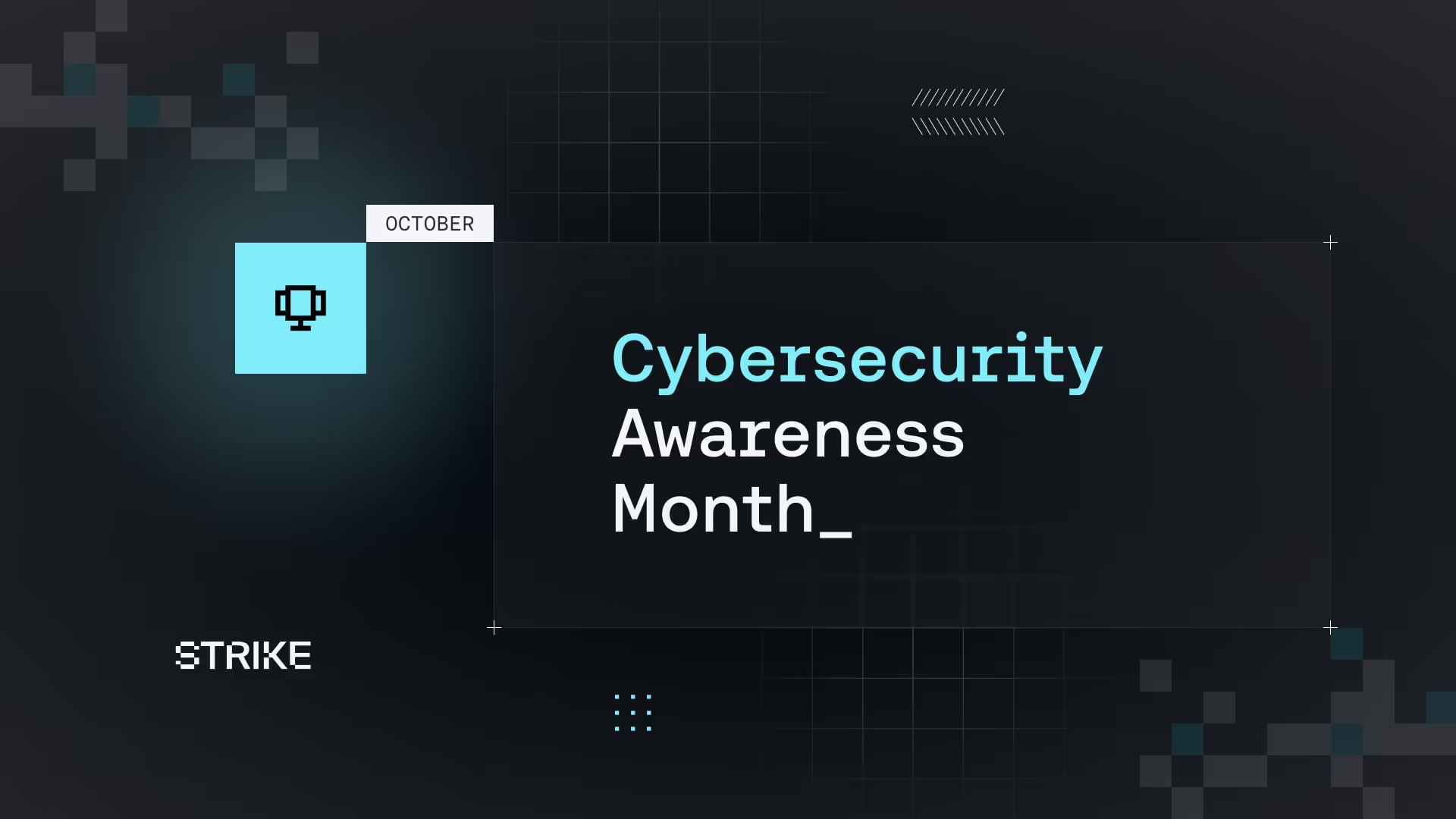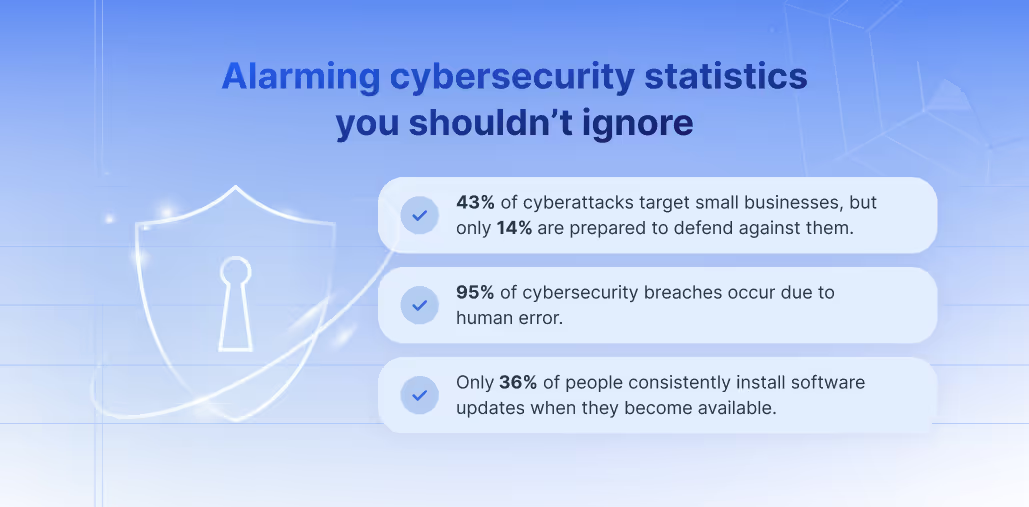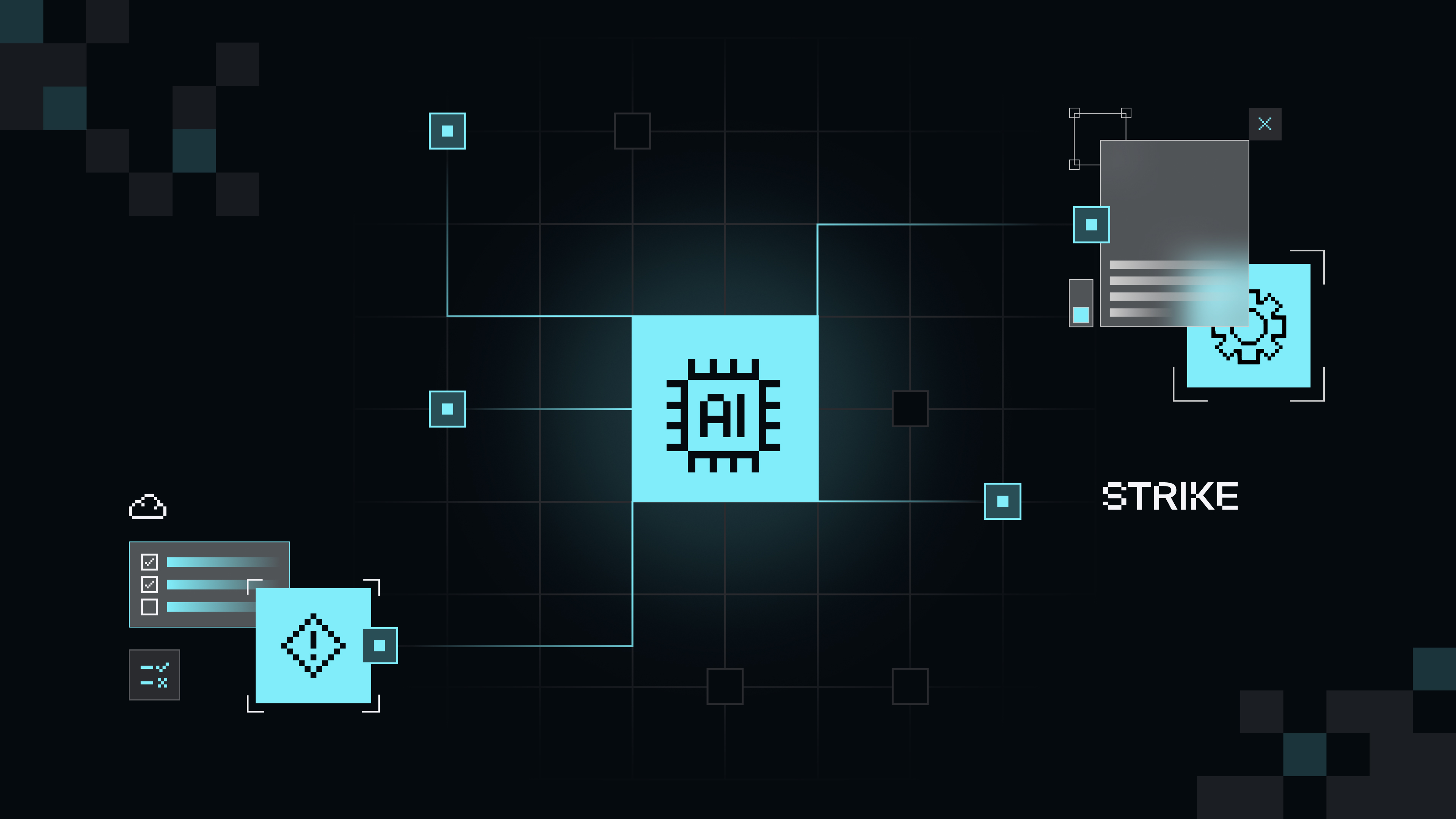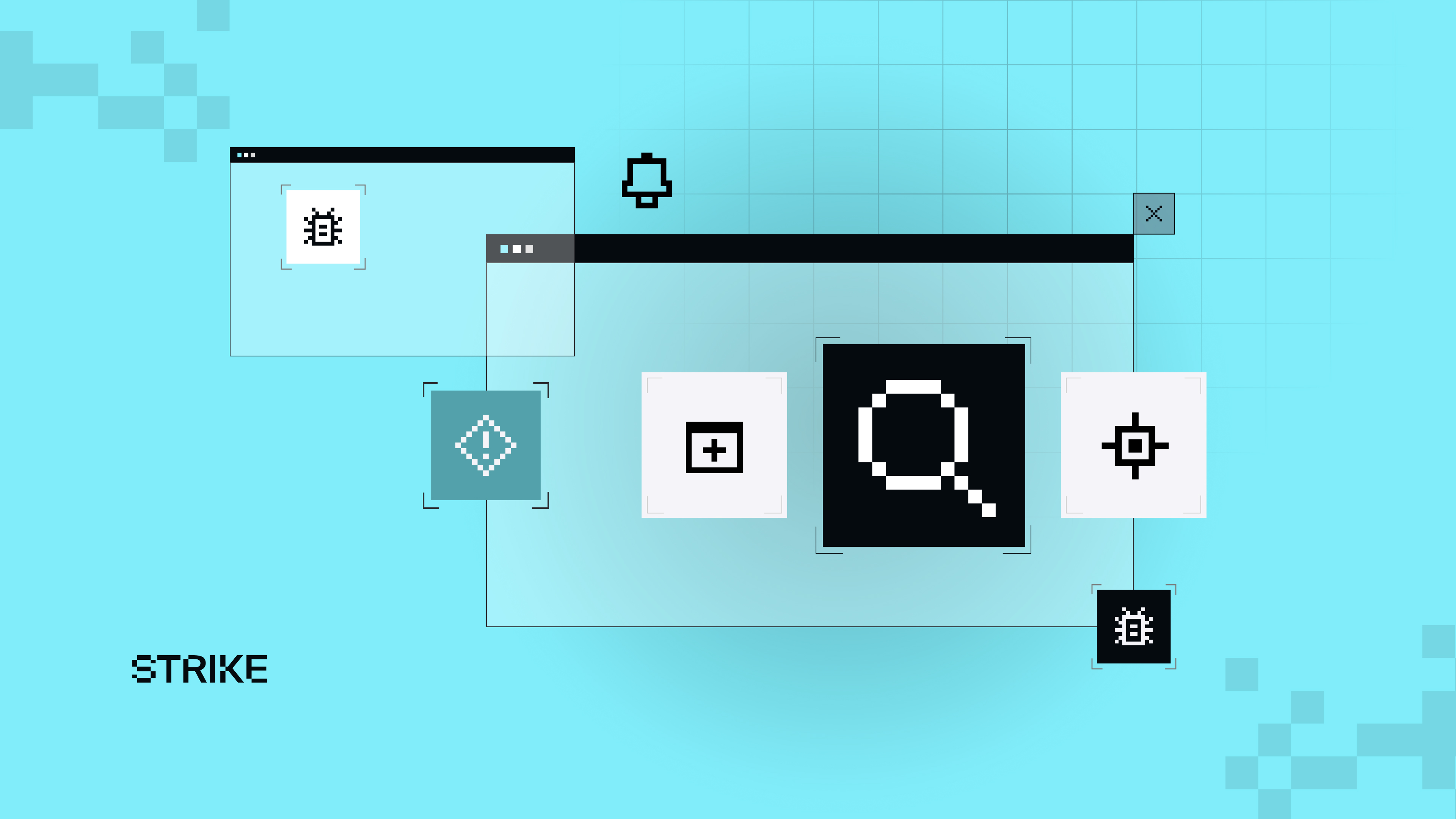Cybersecurity Awareness Month: 4 security habits that every business should adopt

October is Cybersecurity Awareness Month, an annual initiative that encourages both businesses and individuals to strengthen their defenses against the increasing wave of digital threats. This campaign is led by the Cybersecurity and Infrastructure Security Agency (CISA) and the National Cybersecurity Alliance (NCA), who provide valuable resources for organizations to educate their employees and customers on staying safe online.
With 84% of people recognizing the importance of online safety but only a small percentage taking action, this initiative is the perfect time to change that. That’s why it is supported by corporations, government agencies, schools, tribes, nonprofit organizations, and professionals dedicated to cybersecurity education.

This year’s theme, “Secure Our World,” encourages everyone—regardless of their technical expertise—to take proactive steps to make our digital world safer. As our lives become increasingly connected, the risk of cyberattacks continues to grow. Fortunately, by adopting these four simple habits, you can protect both yourself and your business from potential threats.
1. Use strong passwords (and a password manager)
Using weak passwords is like leaving your front door unlocked. A strong password should include a mix of letters, numbers, and symbols. However, it’s hard to remember so many complex passwords, which is why using a password manager is crucial. Password managers not only store your passwords securely but also generate strong ones for you.
Recommended apps:
- LastPass: Generates and stores complex passwords across devices.
- 1Password: Offers secure password storage and encrypted vaults.
- Bitwarden: An open-source option that provides great security features for both individuals and teams.
2. Enable multi-factor authentication (MFA)
MFA adds an extra layer of protection by requiring you to provide a second form of authentication, such as a code sent to your phone, after entering your password. Even if a hacker steals your password, they won’t be able to access your accounts without this second factor.
Recommended apps:
- Google Authenticator: Simple and widely used for generating authentication codes.
- Authy: Provides multi-device support and backup features for 2FA codes.
- Microsoft Authenticator: Integrates with many platforms and provides additional security features.
3. Keep your software updated
Software updates don’t just introduce new features; they fix known vulnerabilities that attackers could exploit. Always keep your operating system, apps, and antivirus programs up to date to ensure your devices are protected against the latest threats.
Recommended tools:
- Patch My PC (for Windows): Helps automate the updating process for third-party apps.
- MacUpdater (for macOS): Automatically checks and installs updates for apps on Mac devices.
- Heimdal Security: Offers automated patching for software vulnerabilities in enterprise environments.
4. Be alert for phishing attempts
Phishing remains one of the most common tactics used by cybercriminals to steal personal information. Always be cautious with emails or messages that ask for sensitive data, especially if they appear suspicious or urgent. Avoid clicking on any suspicious links and always verify the sender's identity before responding.
Tips:
- Check for spelling mistakes or unexpected attachments.
- Never provide personal information directly in an email.
Use tools like PhishTank or FraudGuard to check whether a website is legitimate.






